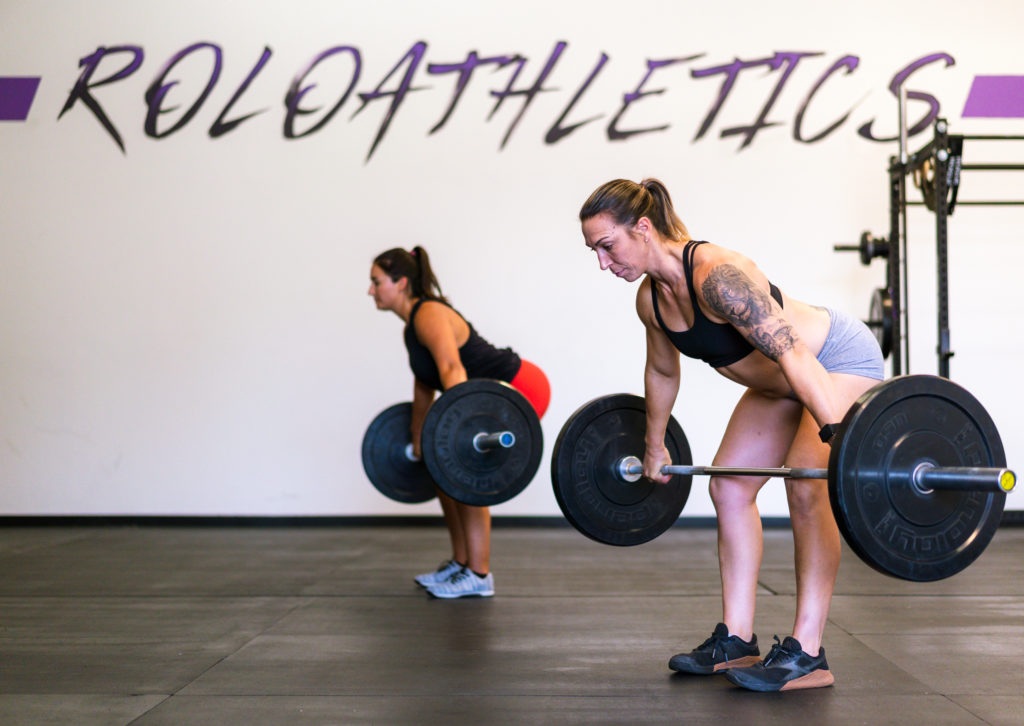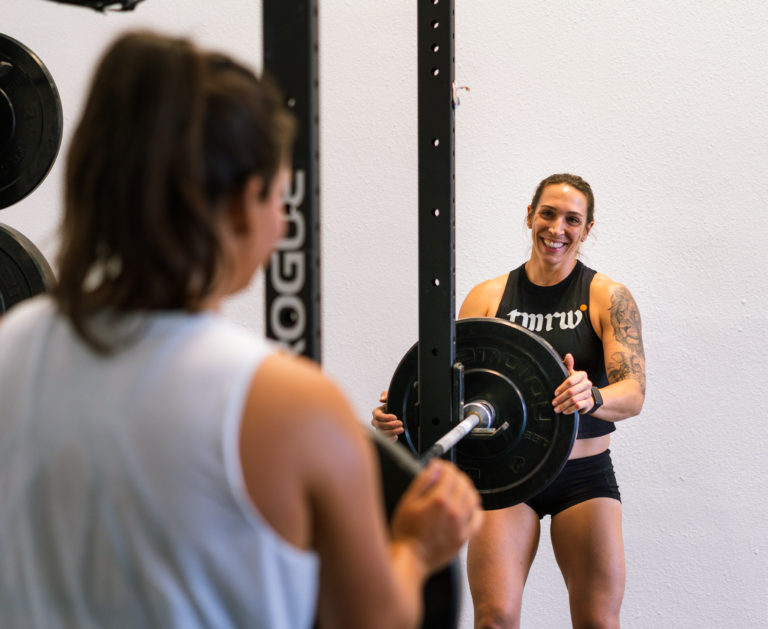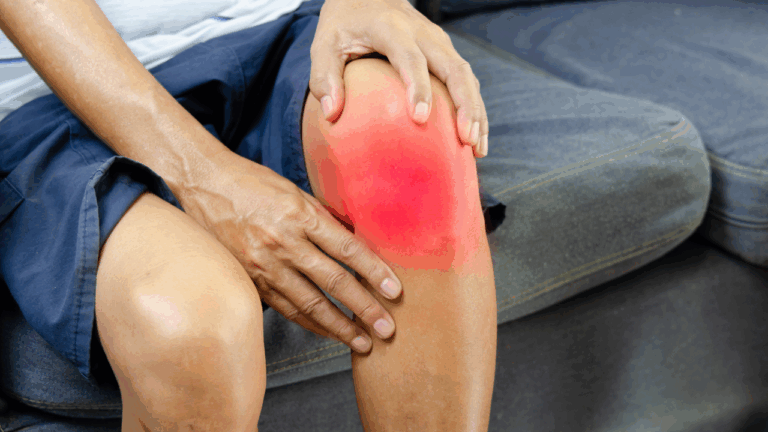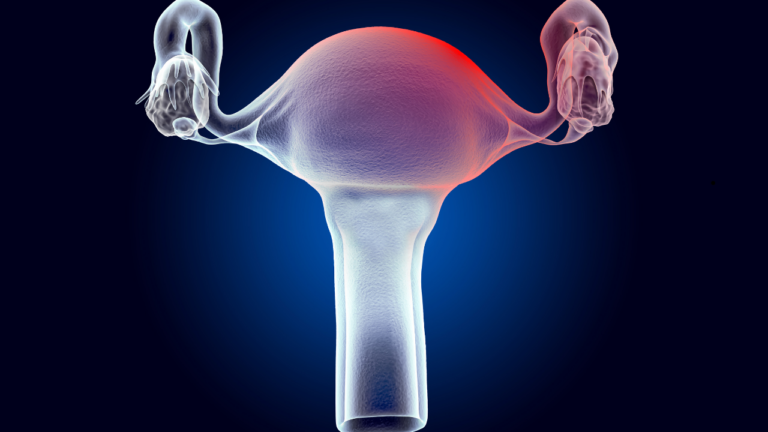Birth Control and Strength Training

65% of women in the United States use some kind of hormonal birth control. Most birth control is a combination of progesterone and estrogen.
Taking supplemental hormones to prevent pregnancy works by inhibiting the hormones needed to ovulate and produce an egg each month.
We know that during the luteal phase of a woman’s menstrual cycle (also referred to as the high hormone phase) insulin sensitivity is decreased, pain and heat tolerance are decreased, as well as potentially decreased power production. Hormonal birth control essentially replicates this phase in a woman’s cycle.
So how does taking birth control affect an athlete’s body on a weekly and/or monthly basis?
First and foremost, studies show that the use of oral contraceptives (“OC’s”- hormonal birth control) is associated with increased cortisol levels. Increased cortisol levels in the short term can have a positive impact on the body- from stopping immune responses, to decreasing pain tolerance. However, long term elevated cortisol levels affect muscle growth and promote fat storage.
But this is where the confirmed associations stop, because of the difference in levels of the various hormones in OC’s.
Estrogen is an anabolic steroid (it helps the body build muscle), with demonstrated positive associations on muscle growth and power production. Progesterone can be a catabolic steroid (it negatively affects muscle growth), while also affecting how the body uses carbs and fats for fuel.

All hormonal birth control pills contain progestin- a synthetic form of progesterone. Then from there the different pills will have varying levels of estradiol- the synthetic form of estrogen.
An athlete will most likely see LESS negative effects from taking birth control if their pill is higher in estrogen, which counteracts many of the negative effects of chronic progesterone supplementation.
However, because of how chronic supplementation of oral contraceptives affects cortisol levels, the body is positioned to have increased fat storage and decreased muscle mass. Additionally, progesterone suppresses testosterone production, which is needed for muscle growth, as well as power production.
And now this is where the advice comes in.
If you’re an athlete looking to prioritize your performance, it may benefit you to look into low or non-hormonal birth control options, or consider tracking your ovulation cycle and avoiding intercourse during your fertile window.
Based on the studies available, and the confirmation that hormonal contraceptives positively impact cortisol (NOT a good thing) and negatively impact testosterone (as CrossFitters you want to protect this!) having a healthy and balanced NORMAL production of hormones is extremely important!
If you’re a woman who takes birth control to manage a heavy or intense period and or endometriosis, there are alternatives that can help manage these symptoms without having to use the pill.
We HIGHLY recommend following both Dr.Stacy Sims and Laurie Christine King, as these two women regularly discuss how to dial in your nutrition and supplements to ease menstrual symptoms as well as managing PCOS and endometriosis.
Questions? Comments? Let us know! Are you part of our tribe yet- one of our athletes? We offer programming that teaches you how to align your hormones with your training! Use code NEWMEMBER to get 50% off your first month!





